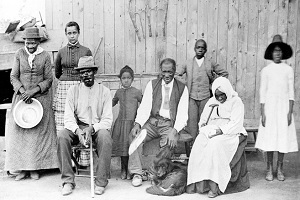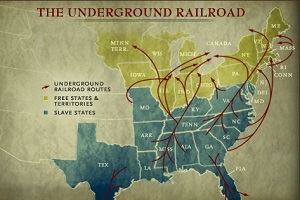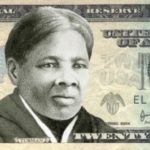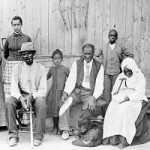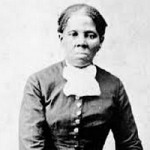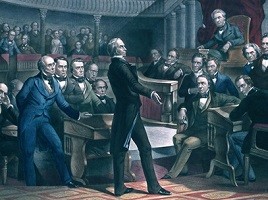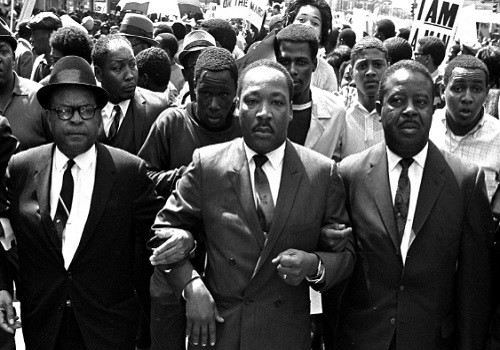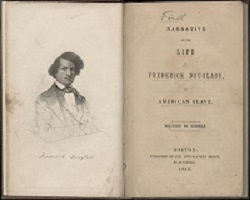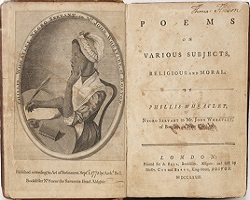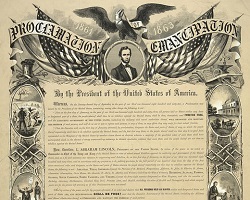Biography
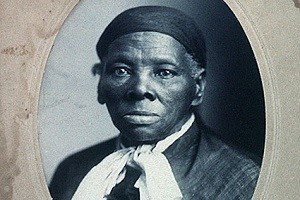
Short Biography
Date and place of birth: c.1820; Dorchester County, Maryland. Date and place of death: March 10, 1913; Auburn, New York. Background: Harriet Tubman was born a slave, her parents named her Araminta “Minty” Ross. She changed her name in 1849 when she escaped. She adopted the name Harriet after her mother and the last name […]
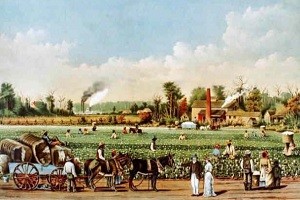
Early Life
When was Harriet Tubman born? Harriet Tubman was born into slavery therefore no records of her birth were kept and the exact date of her birth is unknown. She believed she was born in 1825. She testified to this date in a pension application in 1890 when she claimed she was 67 and in 1892 […]
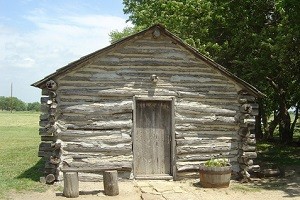
Coming of Age and Marriage
Tubman was weak and frail in her however she became a strong woman, at five foot tall, she was even stronger than some men. Hard labor at a young age made her mind resilient and her body strong. She was hired by a man named John Steward. His father and some of her siblings were […]
Underground Railroad

Interesting Facts about the Underground Railroad
Its most famous conductor was. The (UR) was not underground nor was it a railroad. It was called “underground” because of its secretive nature and “railroad” because it was an emerging form of transportation. The UR was an informal network and had many routes. Most routes went to northern states and after 1850, to Canada. […]
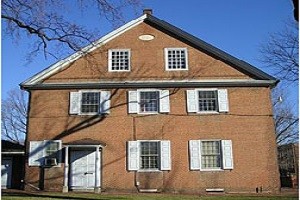
A Ride on the Underground Railroad with Harriet Tubman
Harriet Tubman is the most famous conductor. Over a decade she took 19 trips back to the south to guide friends and family to freedom. Every trip was a dangerous trek but it meant freedom for those she cared. Each journey was different and along the years she built up a network of stations owned […]
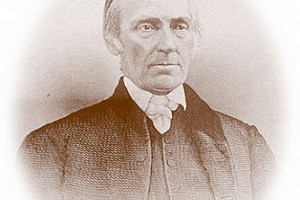
Supporters of the Underground Railroad
The Underground Railroad (UR) reached its height between 1850 and 1860. The passage of the Fugitive Slave Act in 1850 made it more dangerous for those who helped slaves escape or offered them shelter. The consequence could be jail or a hefty fine. Here is a list of a few of the most prominent supporters […]
Civil War
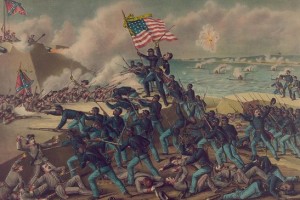
African American Civil War Soldiers
Following Abraham Lincoln’s election, South Carolina passed an Ordinance of Secession in December 1860. The President struggled to keep the country together as other states declared sovereignty as the Confederate States of America. On April 13, 1861 Lincoln responded to the Fort Sumter rebellion, north and south were at war. Lincoln entered the war without […]
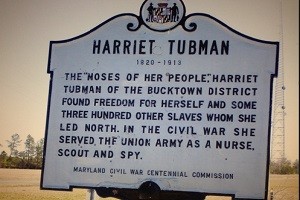
Role in the Civil War
The 1850s saw a deeper divide between north and south. The passage of the Compromise of 1850 and the Kansas Nebraska Act of 1854 only delayed the inevitable, Civil War. Middle class whites in the north started to sympathize with the plight of slaves and a growing number of abolitionists condemned the institution of slavery. […]
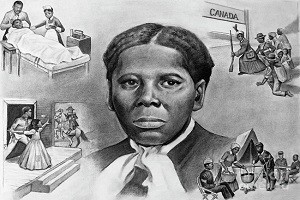
Compensation for Civil War Services
In the summer of 1865 Harriet Tubman returned , New York from Virginia where she was serving in a hospital near Fort Monroe. Without a steady income it was difficult for Tubman to make ends meet, she was in charge of her elderly parents and constantly providing for those looking for refuge in her home. […]
Later Years
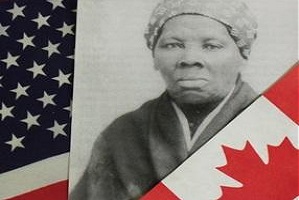
Life after the Civil War
When the Civil War ended Harriet Tubman returned home to Auburn, New York. Her parents were old and had a good support system during her absence but they still needed her daughter’s financial support. Her brothers and their families eventually moved from St. Catharine’s to Auburn. Her parents passed away of old age. Her father died […]
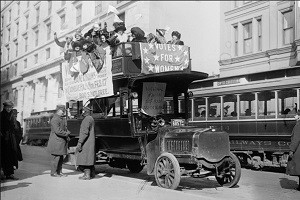
Harriet Tubman and Women’s Rights
The early years of the Women’s Rights Movement date back to 1848 when for the first time small groups of women who had been working individually joined together in the National Women’s rights Convention in Seneca Falls, New York. Here they laid out a list of rights that women did not enjoy at the time […]
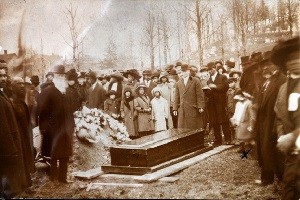
Death
How did Harriet Tubman die? Harriet Tubman died of pneumonia on March 10, 1913. Before her death she told friends and family surrounding her death bed “I go to prepare a place for you”. Tubman was buried with military honors in the Auburn’s Fort Hill Cemetery. Her heirs were her niece, May Gaston; grandniece, Katy […]
Recent Posts
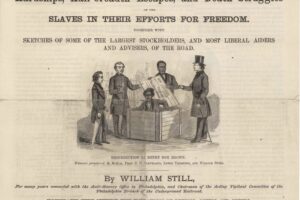
Unearthing the Truth: Challenges in Verifying Underground Railroad Statistics
The Underground Railroad stands as a testament to the bravery and resilience of individuals who risked everything to help enslaved people escape to freedom during the 19th century. While the tales of heroism and courage are well-documented, one aspect that continues to challenge historians and researchers is the accurate verification of statistics regarding the number […]
